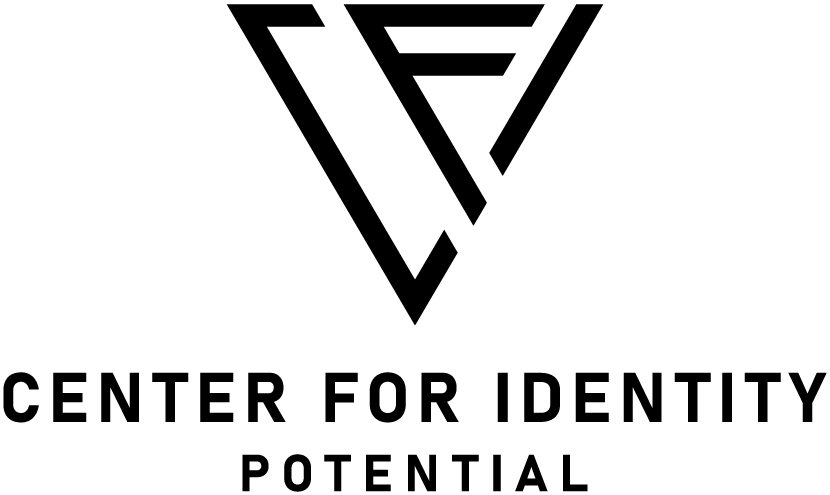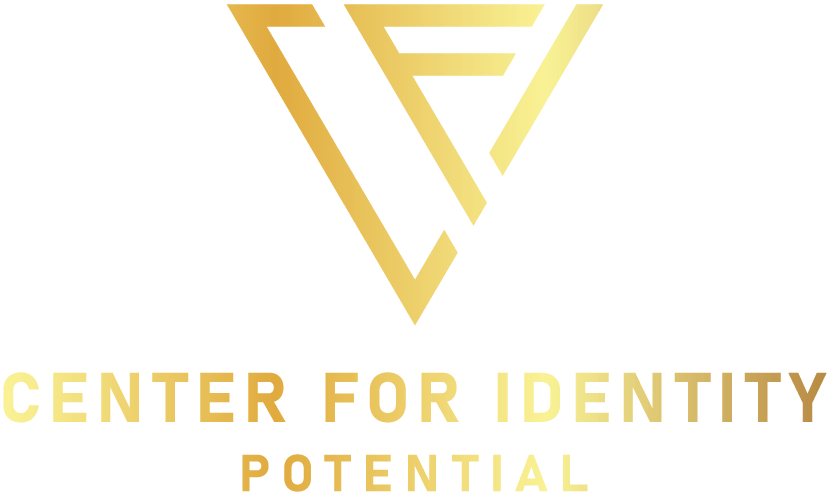OUR FOUNDER
Andrew Mahoney
Founder of the Center for Identity Potential and Identity Potential, Inc.
Andy, our founder, is a recognized expert and one of the original pioneers in the field of counseling the gifted and talented. His work spans over 37 years as a counselor, educator and advocate for this special population. He was past chair of the Counseling and Guidance Division, along with other leadership positions within the National Association for Gifted Children. Along with a group of others early on in his career, he played a significant role in advancing peoples awareness that you can be gifted and have significant developmental and learning challenges as a gifted person (i.e. 2E). Andy developed the concept of the “asynchrony curve” to support the Columbus Groups’ concept of asynchronous development. He has devoted his career to teaching counselors and related gifted professionals that giftedness and complexity are one; that when working with the gifted you need a complex model, an adjusted approach and advanced training. Today he still works at the Center providing ongoing staff training and development along with his counseling services. Andy also provides ongoing counselor and teacher training along with parent presentations and workshops. Overall, he is best known for his creation of the Gifted Identity Formation Model (now called The Fit), a Model for counseling the gifted and talented, along with numerous publications, conference presentations and keynotes. In addition, he created the first certification program for counselors of the gifted and talented. He currently serves as a board member with the Michigan Association for Gifted Children. Alongside his work with the gifted and talented, he serves as a consultant, strategist, and coach in private industry. His personal interests involve his life as an artist, living on his horse farm, SunnyMare, and and being an avid supporter of the humane society in south west Michigan.
Biography
Counselor and family therapist Andrew Mahoney often begins presentations to colleagues with a blunt question: “What do you think when I say the word ‘deviant’?”
An uneasy murmur rolls through the room. Wait a minute. Isn’t this talk on giftedness? What are you doing discussing deviance?
“It’s an eye-opening exercise,” Mahoney says. “The terms gifted and talented connote excellence and achievement — and they evoke high expectations and pressures for success.”
But in fact, the development of gifted people often deviates from the norm in areas other than intelligence — areas that can eventually cause dissonance and internal conflict, he says. “It’s important for people who work with the gifted to understand that deviance — and their own notions about the term — and to understand how both play out in the emotional development of gifted people.
“It really all comes back to their identity as gifted people,” he says. “It comes back to their being able to see themselves as gifted within the systems that tell them who they are — their family, their schools, their community. Their giftedness is a variable in their identity, and for a counselor to ignore that is to ignore a key part in the puzzle they’re trying to piece together.“
For more than 20 years, Mahoney, a Licensed Professional Counselor and Marriage and Family Therapist, has explored and developed frameworks for the counseling and psychotherapy of gifted and talented people. In his Pittsburgh and Bedford, PA, offices, he works with clients individually, in groups and with their families. Nationally, he often presents his work at conferences, symposiums, consultations and training workshops for fellow counselors, educators and parents. His focus on identity offers a new and original perspective. In addition he is a professional Pastel Artist. See: www.andymahoney.com
“Behavioral interventions work with the masses, but not with the gifted,” he says. “The brighter and the more gifted an individual, the more unique they are in their make-up, not the more similar. And serving these individuals and their needs is exponentially much greater than working with the norm. The complexities are so much greater.”I addressed these complexities primarily through the development the Gifted Identity Formation Model, and I use a very complex methodology to try to understand and account for as many of the unique variables as possible.
“There is nothing like the Gifted Identity Formation Model,” he says. “There are no other frameworks out there to account for the variances when counseling the gifted.”
A native of Pennsylvania, Mahoney’s personal experience led him to focus his work on the gifted and talented population.
“There were two influential factors,” he says. “First, I demonstrated exceptional artistic talent at a very early age. That was my life entry into the field of the gifted and talented. That talent is my life foundation.
“The second factor was my own first experience in counseling and therapy, which was influenced by a therapist who acknowledged that my giftedness was a variable in my life struggle. [She also] looked at giftedness as a variable in the family constellation and what one’s culture considers giftedness. Her acknowledgment of these issues is what triggered me to say that there is something really awesome that is being overlooked in the counseling and psychological process. Giftedness must be looked at as a variable.”
That experience came during his graduate studies at Western Illinois University, when he first started working as a counselor.
“I immediately set out to explore and learn more about the issues related to the psychotherapy process of the gifted and talented population,” Mahoney says. “That led me to develop my specialty in this area.”
As he began to apply his work to his practice, the counseling community began to hear of his interest. Referrals followed, his client load grew, and eventually in 1989, he established Andrew S. Mahoney and Associates, in Herndon, VA, where counseling the gifted and talented has become the sole focus of his work.
“The idea for the Gifted Identity Formation Model (GFIM) came from Sharon Lind a colleague in gifted education, who valued what I’d done. She challenged me to take my work to another level so it would be available for future practitioners and researchers as a pragmatic and foundational contribution to the field. My mission is to ‘democratize’ the information, to get the topic out of the ivory tower and put it into hands of counselors who can apply and test it.”
Mahoney earned his bachelor’s degree at Indiana University of Pennsylvania, his master’s at Western Illinois University and completed postgraduate work in counselor education, supervision and family therapy at Virginia Polytechnic Institute. He has taught at George Mason University. Mahoney was a long-standing executive board member and the past chair of the Counseling and Guidance Division of the National Association of Gifted Children. He also is a trainer and supervisor of counselors.
As stated earlier, Mahoney continues to pursue his artistic passion. He’s currently studying the art of pastel plein-air painting. See: www.andymahoney.com.

